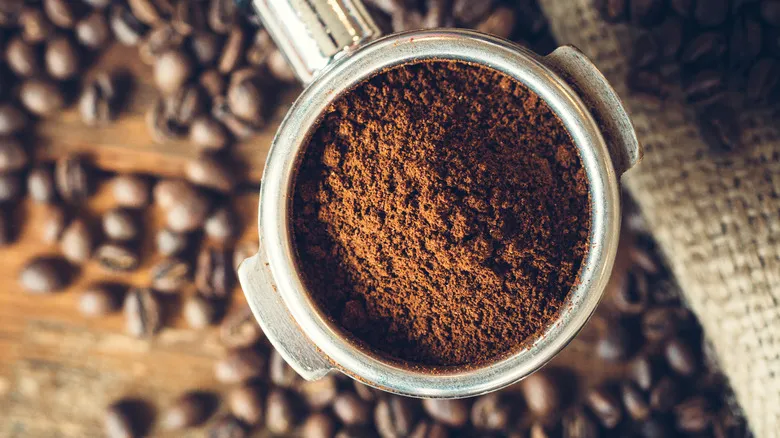Coffee grounds can cause clogs
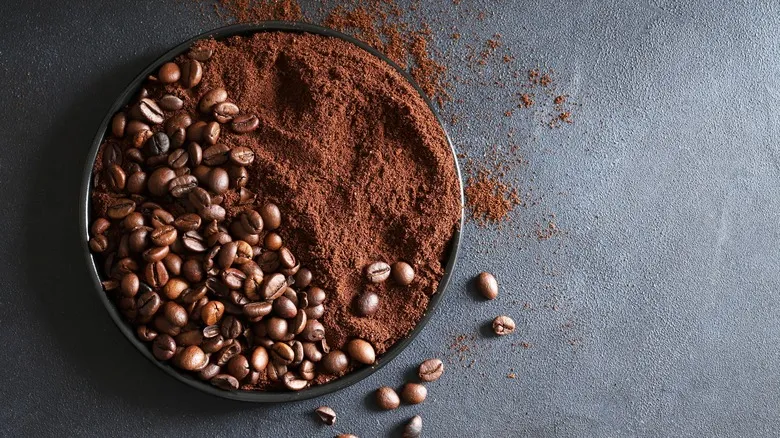
Certainly! While used coffee grounds may appear harmless to your sink drain, this is a misconception. When mixed with water, coffee grounds can form clumps that can lead to significant issues in your plumbing. Even if you have a garbage disposal, it's best to refrain from disposing of coffee grounds in the sink. Although garbage disposals can handle food scraps effectively, they cannot stop coffee grounds from clumping and causing blockages.
Coffee grounds can not only obstruct your plumbing—resulting in slow drainage or complete blockage—but they can also produce an unpleasant odor. This smell occurs when the clump of grounds traps decaying food or grease that passes through. If your sink experiences problems after disposing of coffee grounds, you may need to call in a professional for repairs. To prevent these complications, it's far more advisable to throw coffee grounds in the trash.
What to do with old coffee grounds
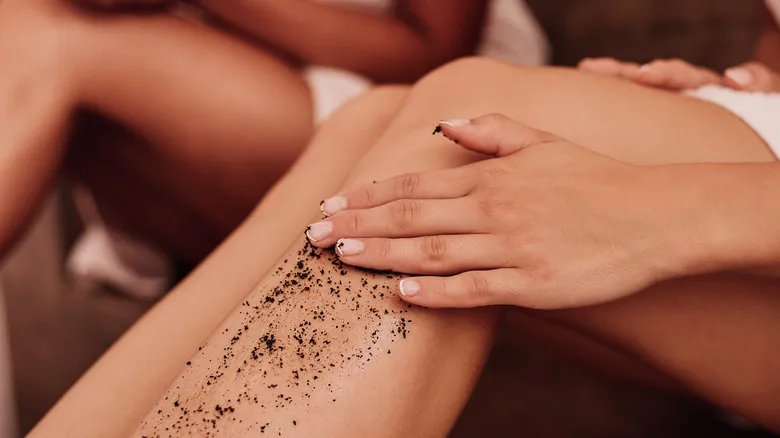
The trash can is a perfectly acceptable spot for old coffee grounds, but if you're feeling creative, there are alternative ways to put them to use. Coffee grounds are rich in minerals like nitrogen, iron, and calcium, making them excellent fertilizers, as noted by Healthline. You can easily sprinkle them on soil that needs a little extra nourishment or incorporate them into a compost pile. Moreover, coffee grounds possess natural pest-repelling qualities, so using them around your plants can help deter flies, mosquitoes, and slugs.
In addition to benefiting your garden, coffee grounds serve as effective cleaning agents. Their gritty texture makes them ideal for scrubbing pots and pans. They also function as a natural abrasive, capable of removing dirt from countertops, sinks, and even your skin. To create a coffee ground exfoliant, simply mix the grounds with water or coconut oil before applying them to your body. Just remember to avoid letting the grounds go down your sink by using a drain catch lined with a coffee filter. Instead of rinsing the exfoliant off down the drain, wipe it away with a warm, damp cloth or a disposable towel. The next time you find yourself with excess used coffee grounds, you'll know how to repurpose them, but be sure to dispose of them in the trash rather than pouring them down the drain.
Recommended
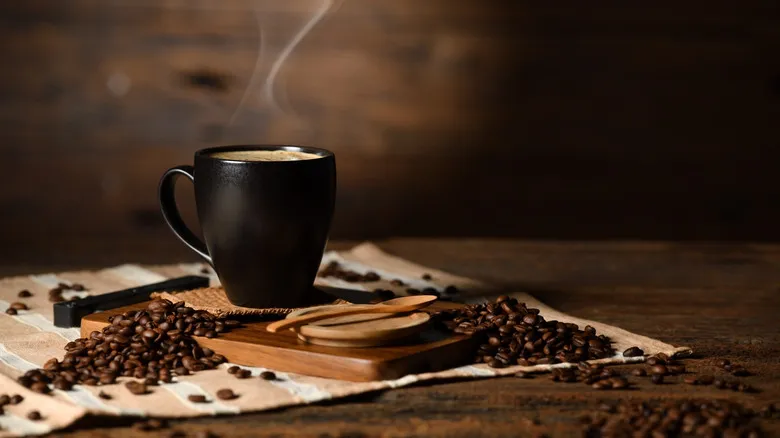
The Fascinating Mythos Behind The First Cup Of Coffee

The One Thing You're Getting Wrong When Making Cold Brew

The Olive Oil Brand Behind Starbucks' Oleato Coffee
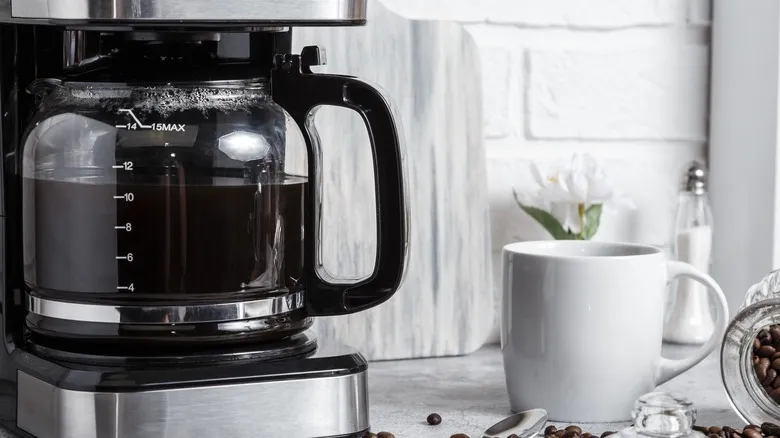
The Easiest Way To Grind Coffee Beans Without A Grinder On Hand
Next up

